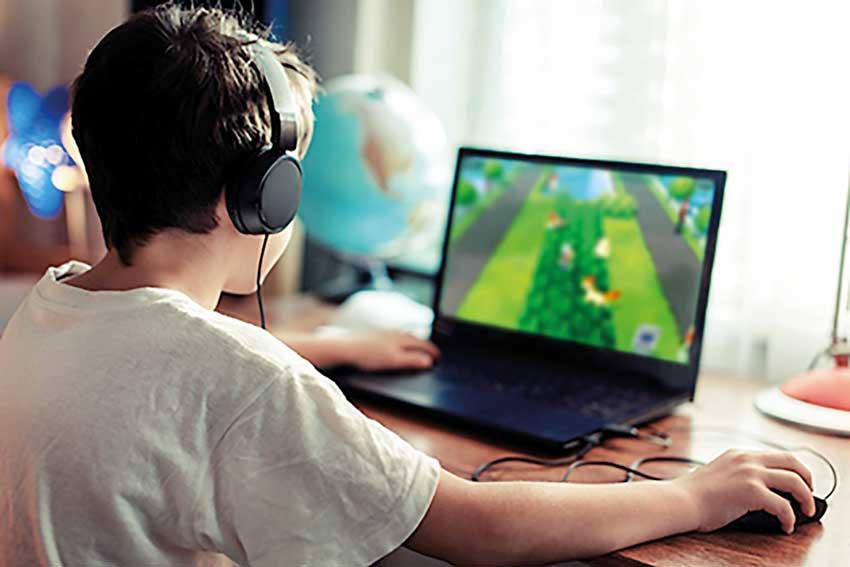10 Sep 2021 - {{hitsCtrl.values.hits}}

 World Suicide Prevention Day is observed on September 10 every year. Although suicide has been recognized as a global health concern, preliminary research studies published in esteemed publications such as The Lancet indicate that suicide trends have either remained unchanged or reduced during the pandemic. However, these studies have their own methodological limitations and in the Sri Lankan context more work needs to be done in terms of awareness while identifying new trends.
World Suicide Prevention Day is observed on September 10 every year. Although suicide has been recognized as a global health concern, preliminary research studies published in esteemed publications such as The Lancet indicate that suicide trends have either remained unchanged or reduced during the pandemic. However, these studies have their own methodological limitations and in the Sri Lankan context more work needs to be done in terms of awareness while identifying new trends.
 Last month, a 15-year old child from Matara took his life after his parents confiscated his mobile phone when they realized he was addicted to an online video game. Due to the COVID-19 pandemic academic activities had to be shifted to online platforms and as a result, many parents have opted to give a fancy mobile phone to their children. But this has become a curse than a blessing as more children are now becoming addicted to either video games or to social media. “Some parents have given a mobile phone to their children with a lot of control and they manage very well,” opined Dr. Ramani Ratnaweera, Consultant Psychiatrist at Karapitiya Teaching Hospital. “But many children are becoming addicted to video games. Some show violent behaviors because most video games are about killing someone to win. So the more they kill the more they win. Some children spend more than six hours a day on mobile phones and they sleep only for one or two hours. Others don’t sleep during the night and they catch up on their lost sleep during the day.”
Last month, a 15-year old child from Matara took his life after his parents confiscated his mobile phone when they realized he was addicted to an online video game. Due to the COVID-19 pandemic academic activities had to be shifted to online platforms and as a result, many parents have opted to give a fancy mobile phone to their children. But this has become a curse than a blessing as more children are now becoming addicted to either video games or to social media. “Some parents have given a mobile phone to their children with a lot of control and they manage very well,” opined Dr. Ramani Ratnaweera, Consultant Psychiatrist at Karapitiya Teaching Hospital. “But many children are becoming addicted to video games. Some show violent behaviors because most video games are about killing someone to win. So the more they kill the more they win. Some children spend more than six hours a day on mobile phones and they sleep only for one or two hours. Others don’t sleep during the night and they catch up on their lost sleep during the day.”
“Some children demand to play if they are asked to study. Others get distracted from education to the point that they cannot concentrate on studies anymore. Those who can’t attend to studies may experience feelings of frustration or feel that they are useless. They will therefore dropout of school after O/Ls and find easy ways to earn money. However, the underlying issue is addiction,” she continued.
Dr. Ratnaweera further said that children will experience anxiety and depression. “They will lie a lot and therefore will not be trustworthy and will be very stubborn too. Some children leave the house and would go to stay with grandparents and sometimes they may even assault their parents.”
Explaining addiction on a more scientific note, Dr. Ratnaweera said that when they continue to play games the pre-frontal cortex of the brain gets activated. “This part of the brain helps us to structure the day and prioritize our work. The reward and pleasure area gets activated by continuous secretion of dopamine. This sends a signal to indulge in pleasurable activities. Some children even watch pornography. Now the latest trend is chatting on WhatsApp groups. This is because all the school homework, lessons and slides are sent via WhatsApp. They have access to everybody’s phone numbers including those of teachers. So they start chatting in the study group. They also create Facebook accounts and chat with unknown people. They have a craze to have a lot of friends on FB.” “Parents have a big role to play here. They should have some control on the child, help them structure the day and have a healthy relationship with the child. They shouldn’t be clinging on to the phones themselves. One hour or less than one hour is more than enough for non-academic activities. Children do need to have some sort of recreation; such as listening to a song, watching a movie or engaging in something creative. Lengthy screening times can have a negative impact on a child’s health and that’s why they are asked to look out of their windows every 15 minutes during online classes.”
“But parents too become aggressive when they see their child on the phone all the time. This shouldn’t happen. They react a lot and it will have negative repercussions. Therefore, taking children out of their addiction is a gradual process. In America there are rehabilitation centres for children who are addicting to gaming and they undergo a 45-day programme. They keep children in-house and by the end of the time period some come out of their addiction and don’t even want to use a mobile phone,” she emphasized.
When asked if the number of cases have increased Dr. Ratnaweera responded in the affirmative. “I get around three to four cases during every consultation and there’s at least one child every day. I also receive so many calls from parents asking for advice on how to take their children away from the mobile phone. This trend has escalated during the pandemic.”
In her closing remarks, Dr. Ratnaweera said that structuring a timetable for the child, explaining about ill-effects of Internet addiction and spending more time with children are ways in which parents could intervene to ensure that their child doesn’t get addicted to the phone.
07 May 2024 1 hours ago
07 May 2024 2 hours ago
07 May 2024 2 hours ago
07 May 2024 3 hours ago
07 May 2024 3 hours ago